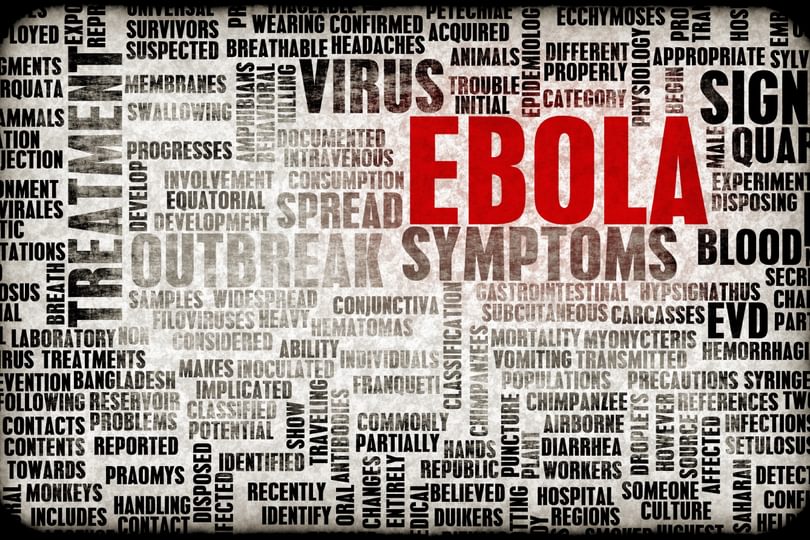
This seminar is now full, but will be live webcast on YouTube - https://www.youtube.com/watch?v=oEwlBU7bNrA
The title of this seminar has changed in light of current events. This seminar was previously titled "Challenges in global health: the long term view"
"This isn't just an epidemic any more. This is a humanitarian catastrophe." Professor Peter Piot, October 2014
Professor Peter Piot co-discovered the Ebola virus in 1976 in the Democratic Republic of the Congo (then Zaire), while working for the Institute of Tropical Medicine in Antwerp, Belgium. At the time, Ebola outbreaks were local and time limited, and so his long term focus became AIDS, a problem that had a far wider impact. In recent months, his focus has returned to Ebola. In a recent Guardian interview he said: "Around June it became clear to me there was something different about this outbreak. I began to get really worried."
With a global effort underway to help the African countries affected, Professor Piot will examine what is different about the current Ebola epidemic, its impact and the responses to it, and will look at the global implications for future pandemics.
Professor Piot is Director of the London School of Hygiene & Tropical Medicine; Professor of Global Health; and Commissioner on the Oxford Martin Commission for Future Generations.
This seminar will be followed by a drinks reception, all welcome.
Join in on twitter with #c21health
This seminar will be live webcast on YouTube: https://www.youtube.com/watch?v=oEwlBU7bNrA
About the speaker
Professor Peter Piot is the Director of the London School of Hygiene & Tropical Medicine and a Professor of Global Health. Professor Piot is also a Commissioner on the Oxford Martin Commission for Future Generations. In 2009-2010 he was the Director of the Institute for Global Health at Imperial College for Science, Technology and Medicine, London. He was the founding Executive Director of UNAIDS and Under Secretary-General of the United Nations from 1995 until 2008, and was an Associate Director of the Global Programme on AIDS of WHO. Under his leadership UNAIDS became the chief advocate for worldwide action against AIDS, also spear heading UN reform by bringing together 10 UN system organizations.
Professor Piot has a medical degree from the University of Ghent (1974) and a PhD in Microbiology from the University of Antwerp (1980). In 1976 he co-discovered the Ebola virus in Zaire while working at the Institute of Tropical Medicine in Antwerp, Belgium. He was a professor of microbiology, and of public health at the Institute of Tropical Medicine, Antwerp, the Free University of Brussels, and the University of Nairobi, was a Senior Fellow at the University of Washington, a Scholar in Residence at the Ford Foundation, and a Senior Fellow at the Bill and Melinda Gates Foundation. He held the chair 2009/2010 "Knowledge against poverty" at the College de France in Paris, and is a visiting professor at the London School of Economics. He is a Fellow of the Academy of Medical Sciences and was elected a foreign member of the Institute of Medicine of the US National Academy of Sciences, and is also an elected member of the Académie Nationale de Médicine of France, and of the Royal Academy of Medicine of his native Belgium, and a fellow of the Royal College of Physicians.
He was knighted as a baron in 1995 and has published over 550 scientific articles and 16 books, including his memior No Time to Lose. In 2013 he was the laureate of the Hideyo Noguchi Africa Prize for Medical Research and in 2014 he received the Prince Mahidol Award for Public Health.